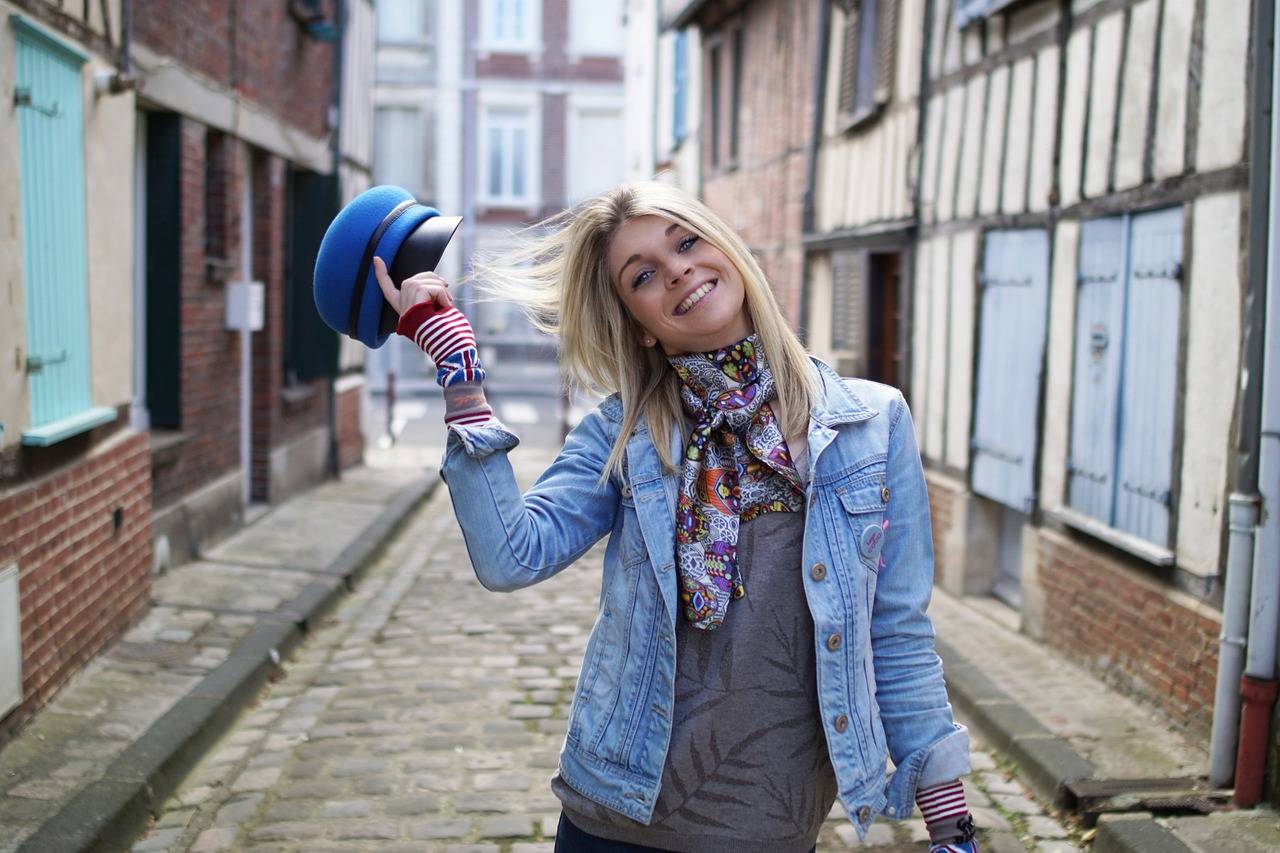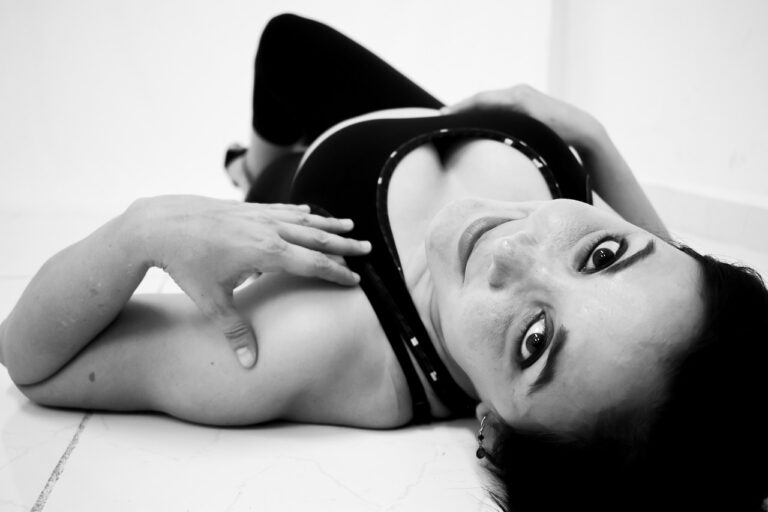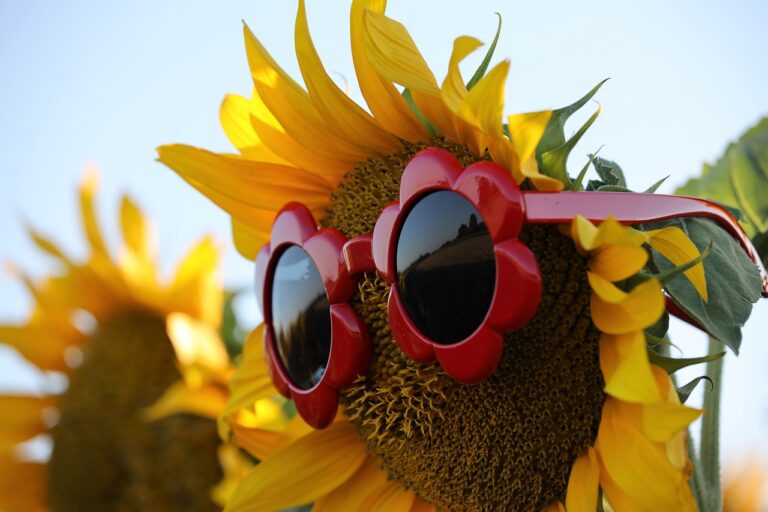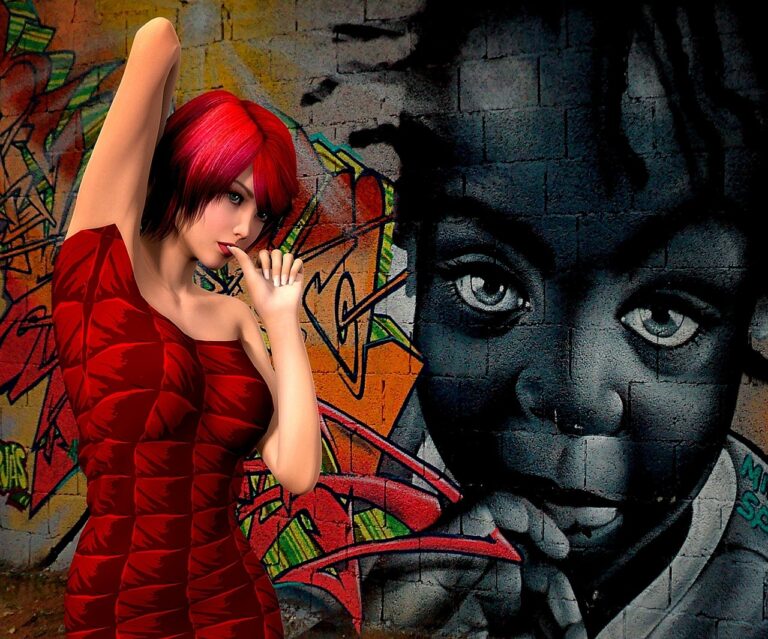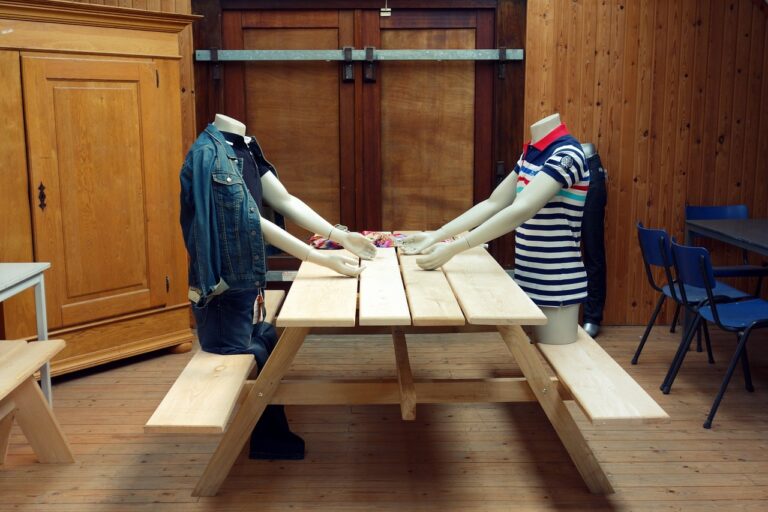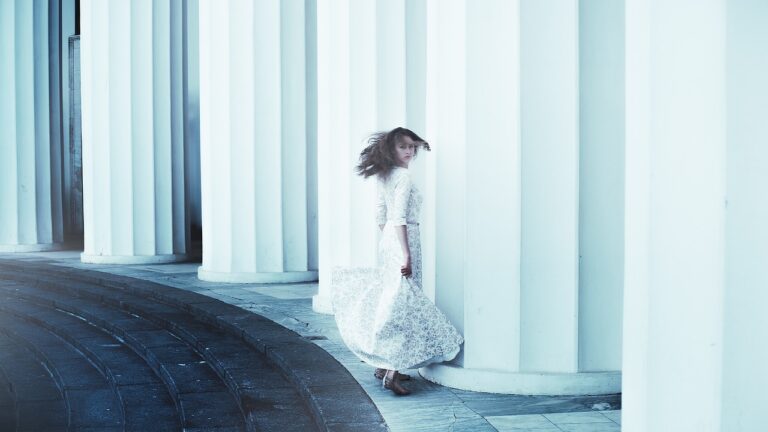Exploring the Psychology of Fashion Impulse Buys in Boutique Settings: Laser 247 new id login, Lotus betting sign up, 11xplay.pro
laser 247 new id login, lotus betting sign up, 11xplay.pro: When it comes to shopping for clothes, many of us have experienced that moment of impulse buying in a boutique setting. You walk into a store intending to browse or maybe pick up a specific item, but before you know it, you find yourself at the cash register with a handful of items you never planned on purchasing. What is it about boutique settings that trigger these impulse buys? And what does psychology have to do with it?
In this article, we’ll delve into the psychology of fashion impulse buys in boutique settings. From the layout of the store to the music playing in the background, there are various factors at play that influence our shopping behavior. Let’s explore some of the key elements driving these impulse buys.
Store Layout and Design
The layout and design of a boutique store can have a significant impact on our shopping behavior. By strategically placing items in high-traffic areas or near the checkout counter, retailers can encourage impulsive purchases. For example, displaying accessories or small items near the cash register can tempt customers to add them to their purchase as an impulse buy.
Additionally, the overall aesthetics of the store, including the lighting, color scheme, and decor, can influence our mood and shopping decisions. Bright, well-lit stores with attractive displays are more likely to draw customers in and entice them to make unplanned purchases.
Music and Ambiance
The music playing in a boutique store can also play a role in influencing our shopping behavior. Studies have shown that certain types of music can evoke specific emotions and moods in shoppers, ultimately affecting their purchasing decisions. For example, fast-paced music can create a sense of urgency and excitement, prompting customers to make impulse buys.
Similarly, the overall ambiance of a store, including factors such as scent and temperature, can impact how customers feel while browsing. Pleasant scents and comfortable temperatures can create a positive shopping experience, making customers more likely to succumb to impulse purchases.
Limited Edition or Exclusive Items
Boutique stores often carry limited edition or exclusive items that are not available elsewhere. The scarcity of these products can create a sense of urgency and FOMO (fear of missing out) among customers, driving them to make impulse buys to avoid regretting not purchasing the item later on.
Additionally, the perceived value of these exclusive items can make customers feel special and privileged, further motivating them to make impulsive purchases. The desire to own something unique or rare can override rational decision-making, leading to impulse buys in boutique settings.
Social Influence and Peer Pressure
Humans are social creatures, and our shopping behavior is often influenced by those around us. In a boutique setting, seeing other customers making purchases or receiving compliments on their choices can create a sense of social proof, encouraging us to follow suit and make our own impulse buys.
Additionally, sales associates and influencers can play a role in influencing our shopping decisions. Recommendations from trusted sources or experts can sway our opinions and push us towards making impulse purchases, especially if we perceive the item as a must-have or on-trend.
Emotional Triggers and Instant Gratification
Emotions play a significant role in our decision-making process, especially when it comes to shopping. Retailers capitalize on our emotions by creating a sense of urgency, excitement, or desire through marketing tactics and product displays. By tapping into our emotions, retailers can trigger impulse buys in customers who are seeking instant gratification or a mood boost.
Whether it’s a new outfit to lift our spirits or a statement piece to make us feel confident, fashion impulse buys in boutique settings are often driven by our emotional needs and desires. The thrill of finding something that resonates with us on a personal level can override rational thinking, leading us to make impulsive purchases without fully considering the consequences.
Understanding the Psychology of Impulse Buys
By understanding the psychology behind fashion impulse buys in boutique settings, we can become more aware of our shopping behavior and make informed decisions when making purchases. Next time you find yourself tempted by that sparkly dress or trendy accessory, take a moment to pause and reflect on what is driving your desire to buy. Are you seeking instant gratification, social validation, or simply succumbing to FOMO?
Ultimately, being mindful of the factors influencing our shopping behavior can help us make more conscious and intentional choices when it comes to impulse buys. Whether it’s setting a budget, making a shopping list, or simply taking a deep breath before making a purchase, being aware of our emotions and motivations can empower us to shop smarter and avoid falling prey to impulse buys in boutique settings.
FAQs
Q: Why do we make impulse buys in boutique settings?
A: Boutique stores are designed to create a sense of excitement, exclusivity, and urgency, which can trigger impulse purchases in customers. Factors such as store layout, music, limited edition items, social influence, and emotional triggers all play a role in driving impulse buys in boutique settings.
Q: How can I avoid making impulse buys in boutique stores?
A: To avoid making impulse buys in boutique settings, try setting a budget before entering the store, making a shopping list of items you need or truly want, and taking a moment to pause and reflect on your purchase decisions. Being mindful of your emotions and motivations can help you make more conscious shopping choices.
Q: Are impulse buys always a bad thing?
A: Not necessarily. While impulse buys can sometimes lead to regret or overspending, they can also bring joy, excitement, and a sense of fulfillment. It’s essential to strike a balance between indulging in occasional impulse purchases and making mindful, intentional buying decisions.
Q: How can retailers encourage impulse buys in their boutique stores?
A: Retailers can encourage impulse buys in boutique settings by strategically placing items in high-traffic areas, creating a sense of urgency or exclusivity around certain products, leveraging social proof and influencer marketing, and tapping into customers’ emotions and desires for instant gratification.
In conclusion, exploring the psychology of fashion impulse buys in boutique settings can shed light on the various factors influencing our shopping behavior. By understanding how store layout, music, limited edition items, social influence, and emotional triggers impact our decision-making process, we can make more informed and conscious choices when it comes to shopping. Remember to be mindful of your emotions, set boundaries, and enjoy the occasional indulgence without falling victim to impulse buys in boutique settings.

